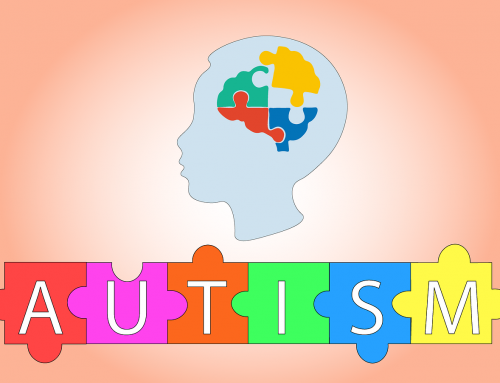I sat in the corner of a plush hotel lobby, while my toddler bawled his eyes out while lying on his back on the cold marble flooring. I should have been furious. Instead, I was just too tired to respond to the toddler tantrums. After ten minutes (but what seemed like six months), the valet brought our car around, and I proceeded to leave, without so much as a backward glance at my son. I had no intention of leaving him behind, of course. But I feverishly hoped he would follow without a fuss. He did. He sniffed loudly in the car the whole journey home, but the wild tantrums had finally ended.
Had I scolded him, we would’ve gotten nowhere. And right there, I learned one of the biggest lessons in motherhood: How to deal with toddler tantrums without losing my head.
Why do toddlers throw tantrums
When your sweet, loving baby transforms into a wailing, hell-raising mini-monster, you’re left flummoxed. But it’s perfectly normal. By around the age of 2 years, kids start throwing tantrums. It’s perfectly in line with the ‘terrible twos’ that dragon all the way to age 3, and sometimes 4. But this isn’t an easy time for your child, either. As his emotions grow more complex, he has a lot to deal with. The main reasons for toddlers acting out are:
- Asserting independence
- Expressing frustration
- Demanding attention
- Dealing with his emotions
- Learning to cope with challenges, like trying to grab things that are out of his reach
A child who is unable to express himself or deal with any or all of the above will be driven to have an outburst as the easiest way of seeking attention. Which we often call as toddler tantrums or toddler melt-down.
Why shouting back at a screaming toddler is counter-productive
After a fun time spent playing in the mud, your toddler is taken for a bath, following which he wants to wear his soiled clothes again. Naturally, you refuse. The next thing you know, in place of your sweet child, angry fireworks have been set off. This, in turn, makes you see red, and you’re in a loud showdown with a 2-year-old. He cannot grasp why his demand is rejected and you cannot make him understand why with logic and reasoning. Losing your temper on a toddler will not get you anywhere. Your desperation is understandable, but so is your toddler’s.
A child’s intention is never to upset or embarrass his parents. He is still trying to process his emotions and not equipped yet to handle disappointment. Hence the tantrum. But by raising your voice, you’ve indirectly taught your child that it’s okay to yell. He considers you the ultimate teacher. They learn this kind of behaviour is acceptable. So instead, take a step backwards and analyse the situation with a cool head, if you can. If your child spills water on the floor, don’t get upset or worry about the cleaning. Instead, encourage the toddler to clean up his own mess independently. You’ll be surprised at just how willing kids are to clean-up.
Also, getting upset/angry with her child usually ends up in taking a mother on a guilt trip. Which can lead to upsetting the mother or overcompensating for the anger. Both of which are not beneficial for the child or the mother.
How to deal with toddler tantrums
Following are some of the strategies that work when the toddler has yet another melt-down:
- Distract him with a toy, song or favourite book, but don’t offer bribes like sugary treats
- Lower your voice as you speak; this will make him stop screaming to hear you
- Lower yourself down (literally) to his level to communicate effectively; offer comfort by wiping the tears and hugging
- Toddlerised projection strategy: Give an example of another child who behaved just like him in a similar situation; your child may quieten down out of curiosity
- Take a step back and stop engaging; let your child ride out the tantrum on his own; be accessible but avoid giving any response until the child comes to you for comfort
- Tantrum in public places: Gently but firmly warn your child in advance that if a tantrum is thrown, all activity will cease and you will return home; act on it if a tantrum happens
How to practise positive discipline
- Avoid saying ‘no’ too much: Offer options if your child makes unreasonable demands
- Praise good behaviour: Anytime they do something right, let them know you are proud
- Be consistent: If you keep If you keep flip-floping, saying no first then saying yes, your child learns to not to accept your first answer
- Encourage your child to express himself: “Are you sad?” “Can you tell me why?” …..Your child will gradually learn to speak his mind instead of throwing tantrums
Conclusion
The ‘terrible twos’ can be taxing for most parents. But there is light at the end of the tunnel. Once your child gets the hang of socially appropriate behaviour, parenting will get easier. Till then, keep your cool, stay calm to deal with two year old’s tantrums and save the worrying for when puberty strikes.






Lovely article Rohini. This was need of an hour. My son turned 3 and tantrums are increasing.
Thanks Radhika 🙂